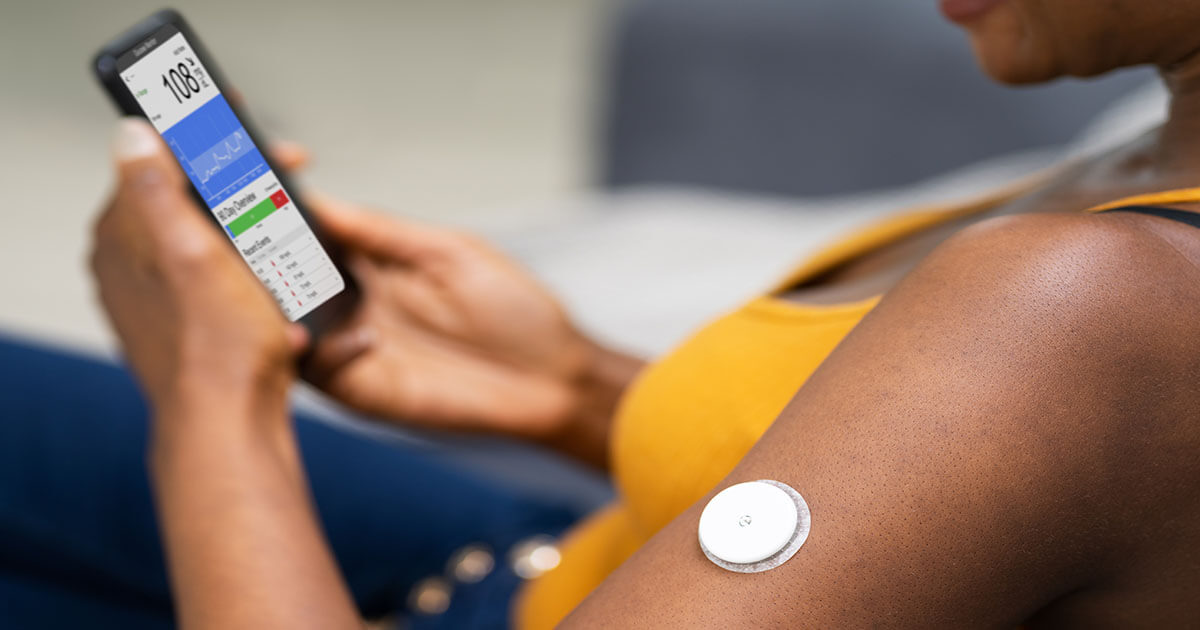As a paediatrician working closely with adult diabetologists in the area of transition, I read the NICEimpact Diabetes report (NICE, 2018) with interest to see how it related to the provision of services for young people, their care and outcomes. As a statement on the impact of care overall on young people with diabetes, the main message is education:
- Education of the patient
- Education of clinical carers
- Education of the system that delivers diabetes care.
It is in this last area where NICE probably has gained least traction. An investment in education pays the best interest, enabling critical thinking and informed actions. Education in diabetes today is the passport to improved health and wellbeing in the future.
Young adults: a vulnerable group
NICEimpact Diabetes, which was published in September last year, identifies a set of risk factors in relation to diabetes care for 19–24-year-olds, which is a vulnerable age group. Some of the risk factors it identifies are physiological and biological, but several relate to delivery of care processes. Other factors relate to patient-specific sociological needs, such as ease of access to services (e.g. clinics and pathology tests) and, specifically, education in self-care of diabetes and the nature of regular interactions between the young person with diabetes and those responsible for their healthcare.
Flexibility of patient appointments, text communication and individualised care are key to improved engagement with this cohort, along with additional support offered by a specific young adult support worker. Further work is needed to ensure that blood tests, eye screening, appointments with specialist nurses and, if needed, consultants are on the same day, if possible. This results in the patient being more likely to complete their key annual diabetes checks.
Structured education
Structured education has had a significant impact on the young person with diabetes, their family and the clinical team. Small-group, invitation-only sessions in respect of diet, pump care, exercise and continuous glucose monitoring have evolved and are an important event in the diabetes care diary. Whether structured education benefits key performance measures, such as HbA1c, weight, cholesterol and any of the other care processes measured, has yet to be confirmed. It is, however, becoming clearer that engagement through structured education may be beneficial.
One success story that is perhaps not clearly identified in the impact statement is the benefit of improved staffing levels in recent years, particularly of additional paediatric diabetes specialist nurses, dietitians, educators and psychologists. Increased staff numbers is enabling the successful delivery of structured care to a large proportion of children and young people with diabetes.
A digitally native NHS for digitally native patients
NICE has not yet fully addressed the digitally native nature of young people, many of whom are considerably more digitally competent than the ageing professionals! A digital native is an individual who was born after the widespread adoption of digital technology. The term digital native does not refer to a particular generation; instead, it is a catch-all category for children and young people who have grown up using technology like the internet, computers and mobile devices.
It is in this area that the generation gap shows – perhaps because we are not a digitally native NHS yet and we fail to fully grasp the use of digital media to facilitate care processes. For instance, we continue to use attendance rates at clinics as markers of service delivery improvements rather than emphasising how important it is to re-engineer how we provide care. NICE recommends that children and young people with diabetes should be offered a continuing programme of education from diagnosis. Data from the National Paediatric Diabetes Audit suggest that uptake of this recommendation has improved, with 71.0% of children and young people with type 1 diabetes and 57.8% of those with type 2 diabetes receiving structured education in 2015/16 (Royal College of Paediatrics and Child Health, 2017). However, it appears that 19–24-year-olds are failing to access the same levels of care as those in their early 70s. According to NICEimpact Diabetes, only 25% of 20-year-olds are receiving all eight care processes identified as having an impact on diabetes health. This is an educational and access issue that continues to need urgent action. It is my belief that the failure to digitalise care will continue to hinder efforts to improve access to, and hence delivery rates for, care. This will have a negative impact on the hoped-for reductions in long-term and life-limiting complications for this age group.
NICE must facilitate NHS improvements if diabetes care and outcomes in this group are to be improved, especially in light of the recently published NHS Long Term Plan to invigorate the use of digital and electronic methods to provide tailored and personalised care (NHS, 2019), something very applicable to children and young people with diabetes. NICE should recommend the use of remote consultation through telemedicine to reach young people with diabetes in their places of work or study, and thus improve access to services. Our aim should be to deliver the right care, to the right patient, in the right place, at the right time, in a manner appropriate to their needs – be it digital and distant or paper-based and local, meeting the needs of both the digitally native and the digitally naïve.
Positive about pumps
We may be behind where we would like to be in the digital delivery of care, but there is some positive technological news. The NICE impact statement correctly emphases a diabetes success story of great significance: increased numbers of patients are using insulin pump therapy. The impact that pumps have on daily diabetes care cannot be overemphasised. There is still wide variation in the uptake of pump therapy, however, and this inequality needs to be addressed.
Numbers of patients on pumps are not everything, however, and it is essential to monitor the long-term outcomes and psychological impact of these devices on the young people with diabetes, their parents and professional carers. Although there are many challenges ahead, it is testimony to both NICE and the NHS that, in a financially restricted healthcare system, these therapies are gaining widespread use, to the benefit of patients.
Positive uptake of guidance
Overall, NICE guidance in its many forms has been wholeheartedly adopted – to varying degrees and with varying levels of success – across the entire NHS. This reflects the work of staff members and the patients in their care, as much of this positive change has occurred in a highly pressurised but much valued healthcare service.





NHSEI National Clinical Lead for Diabetes in Children and Young People, Fulya Mehta, outlines the areas of focus for improving paediatric diabetes care.
16 Nov 2022